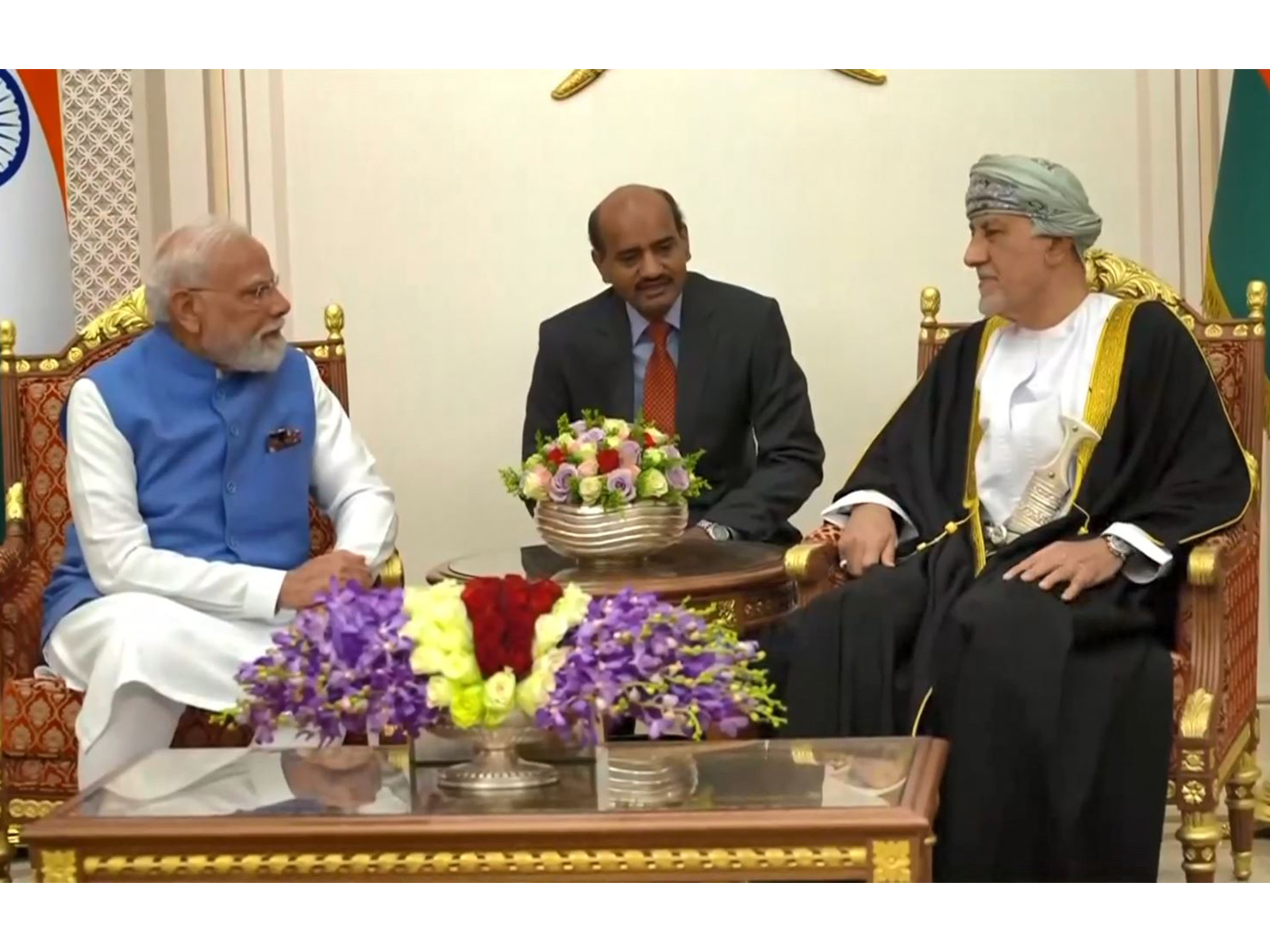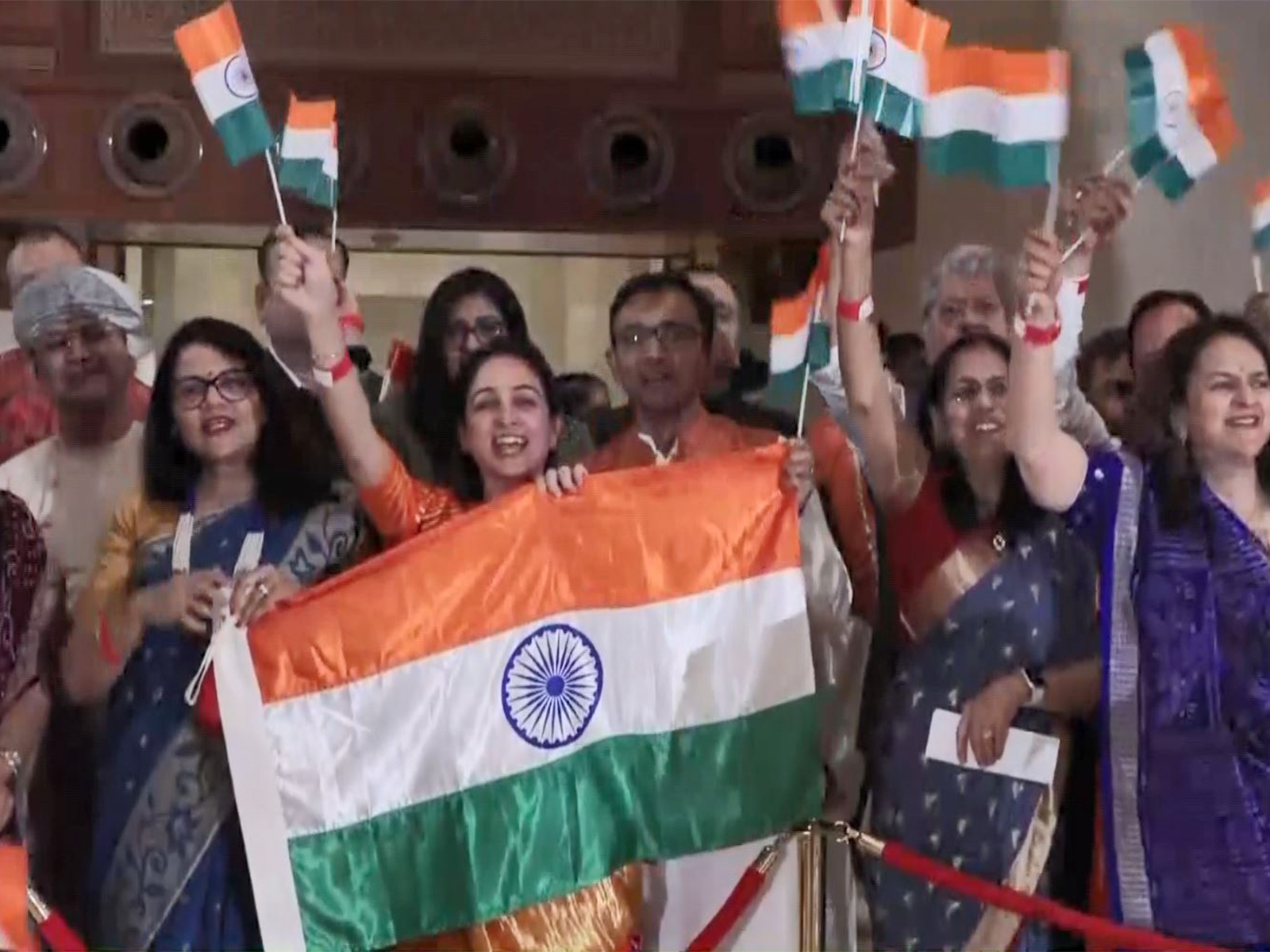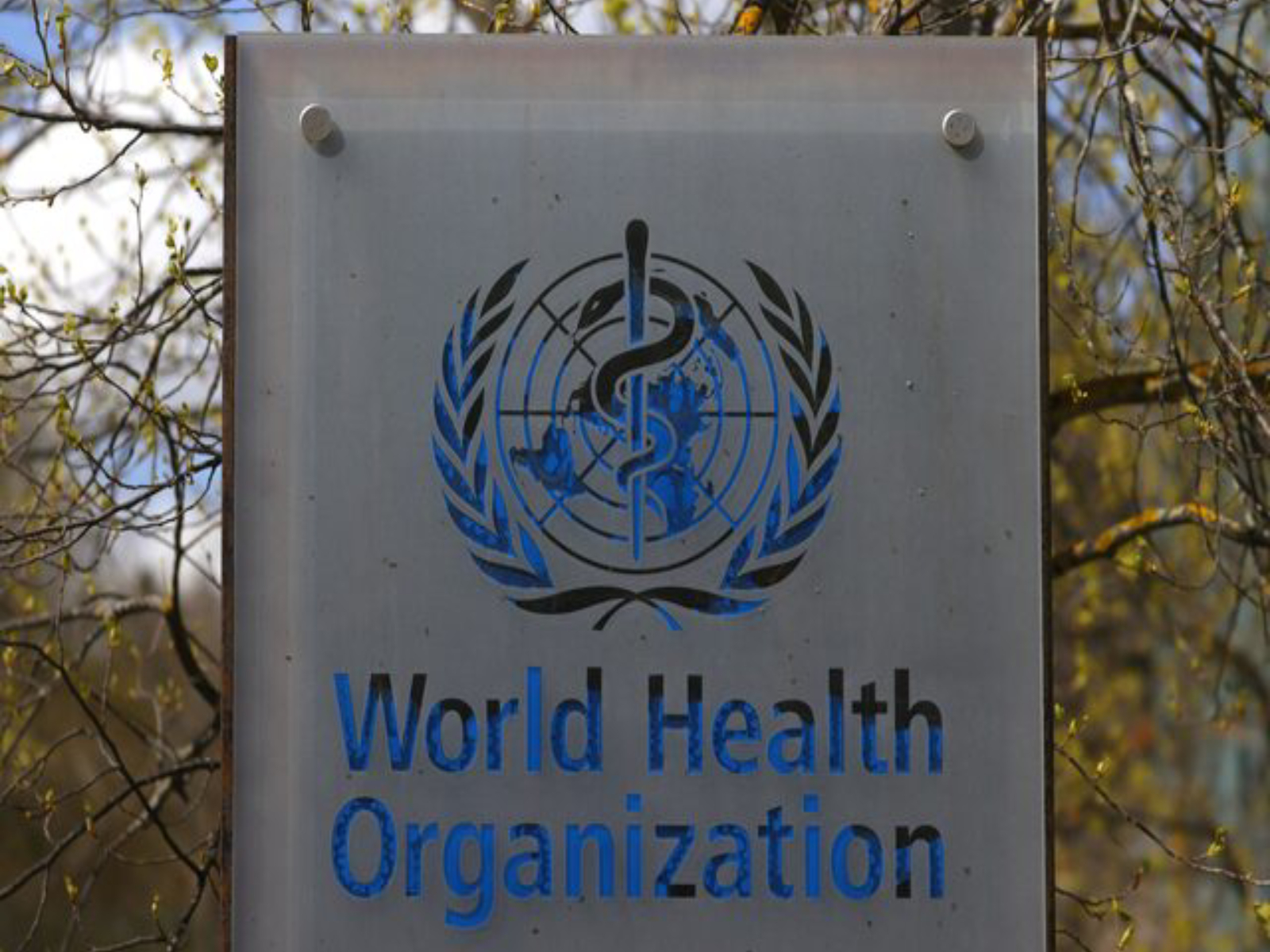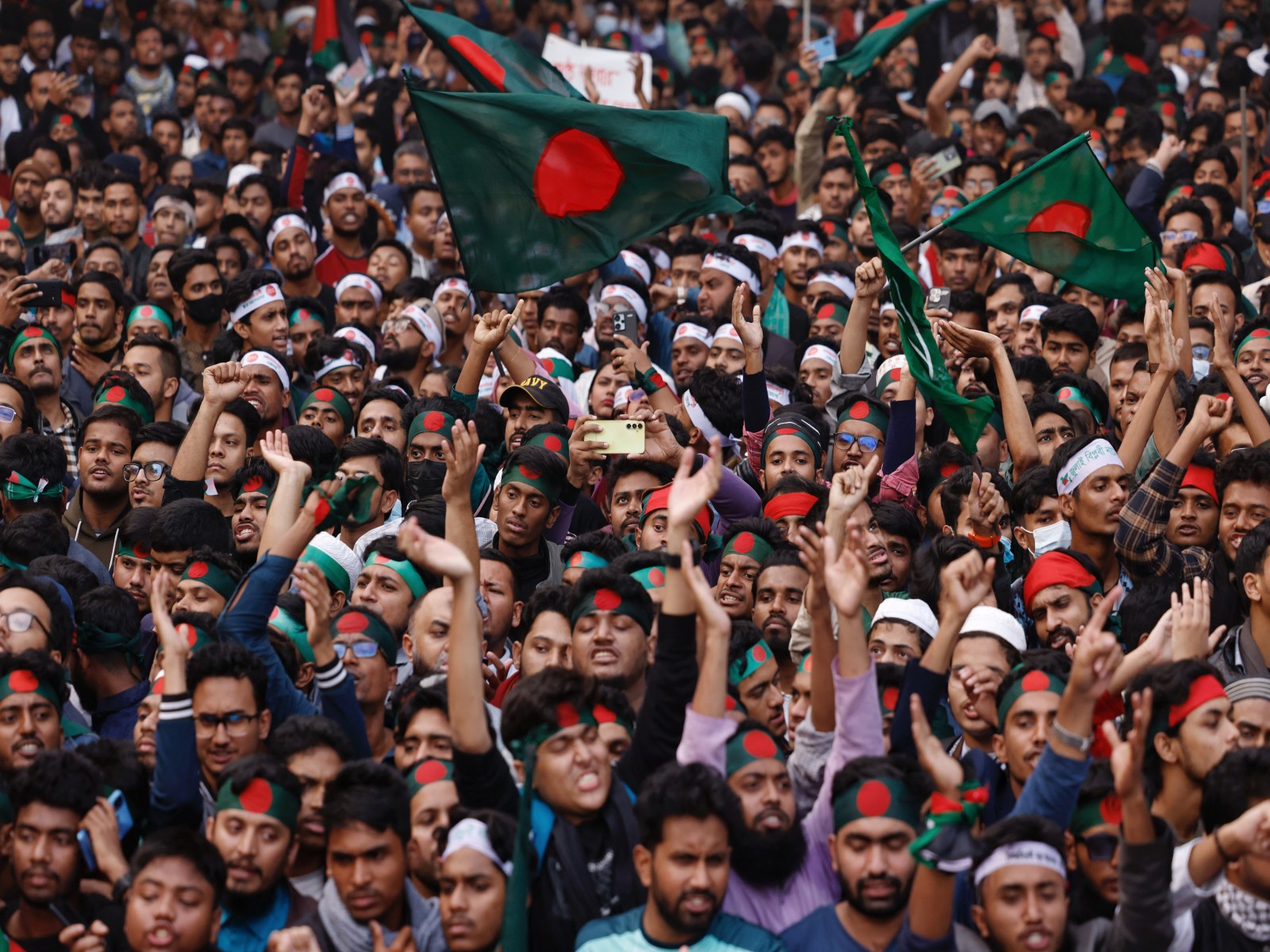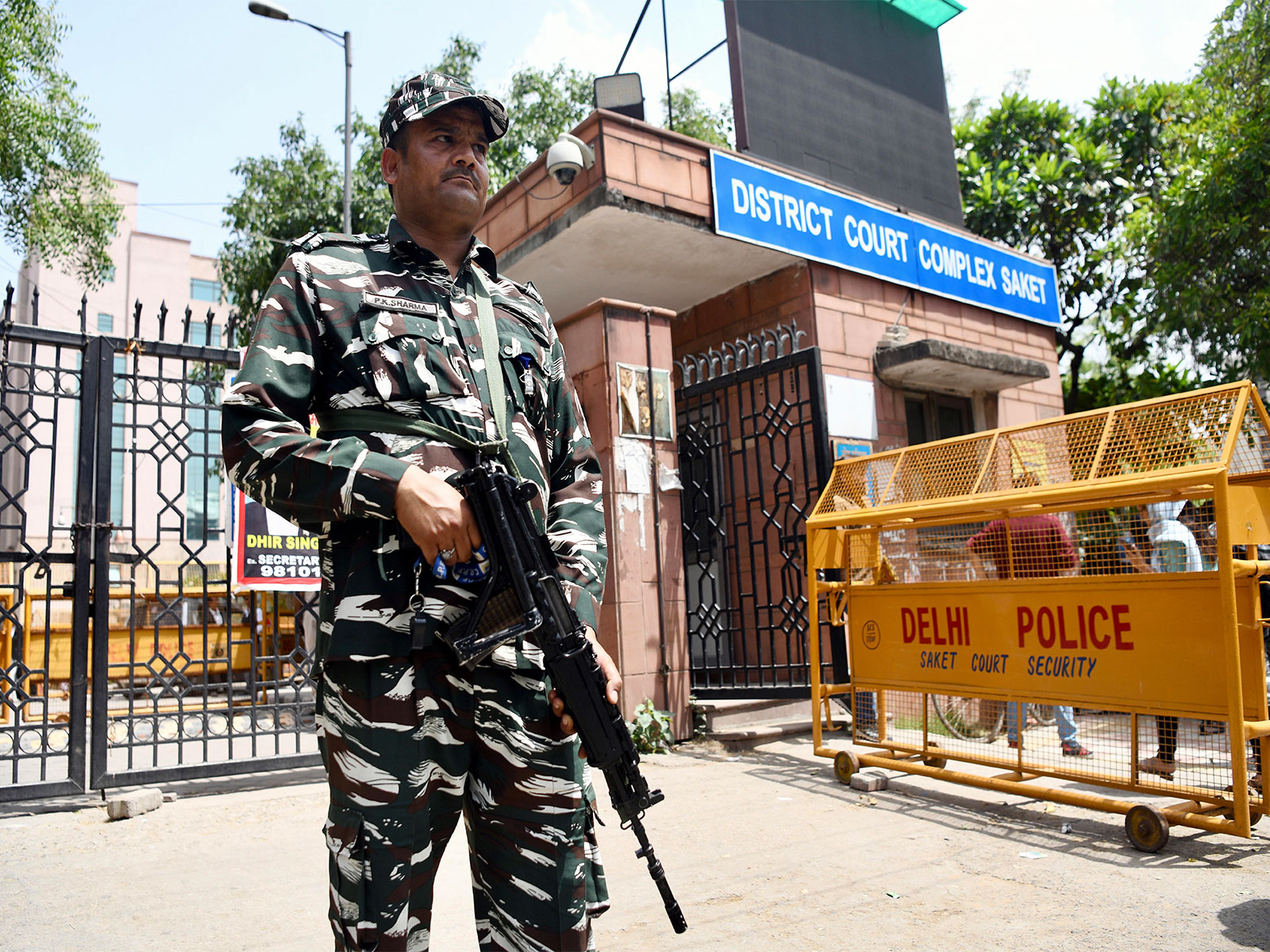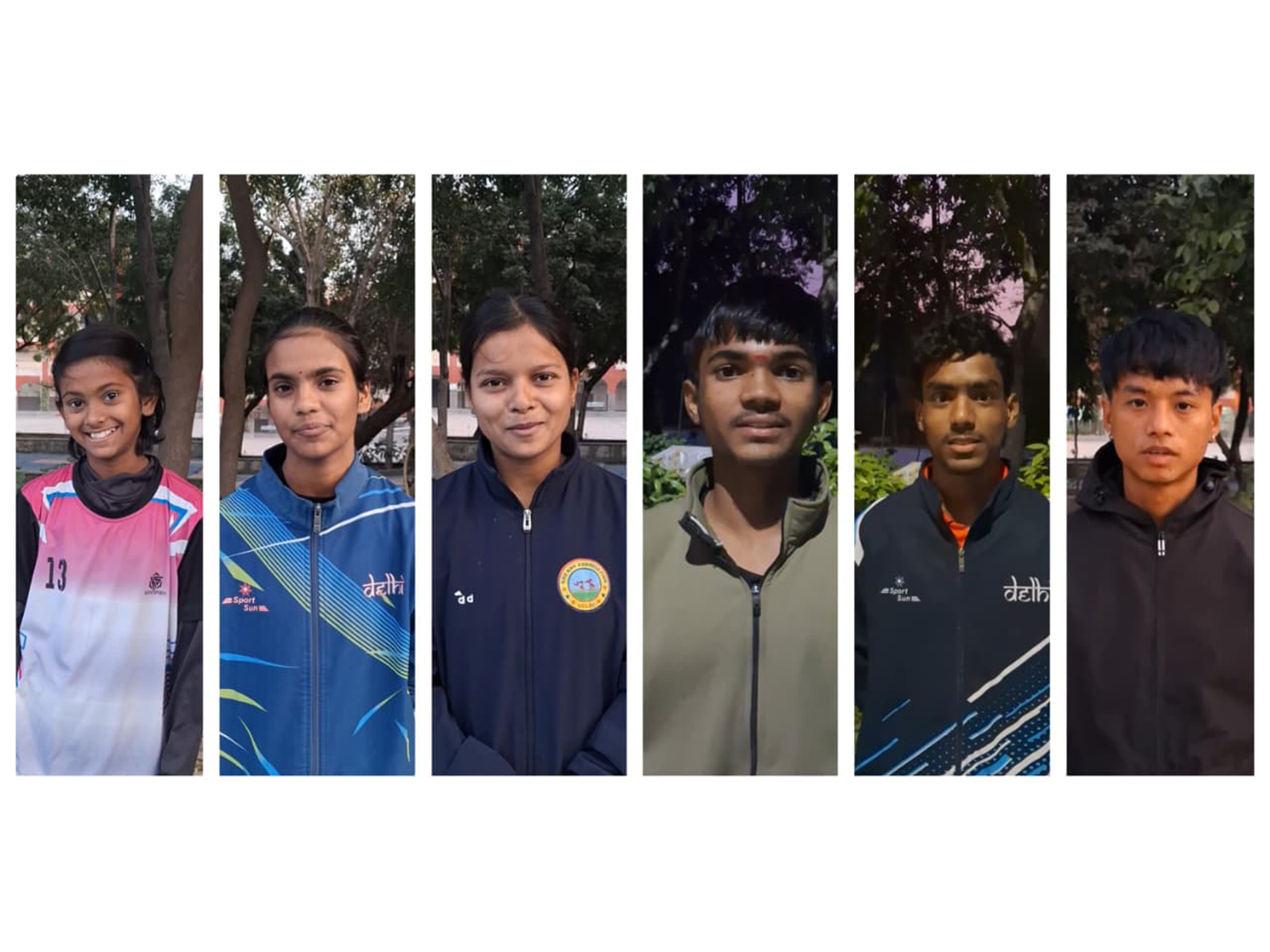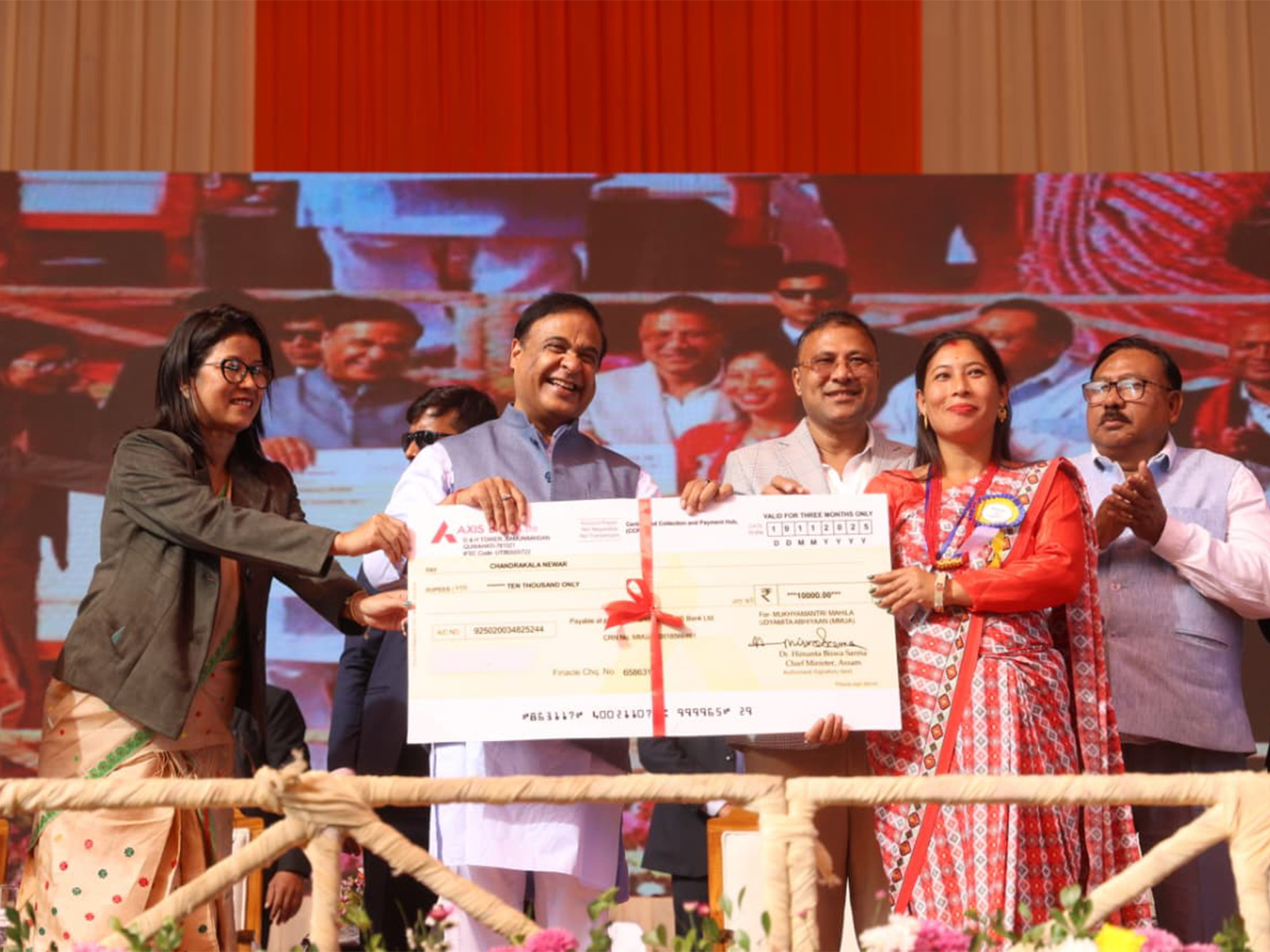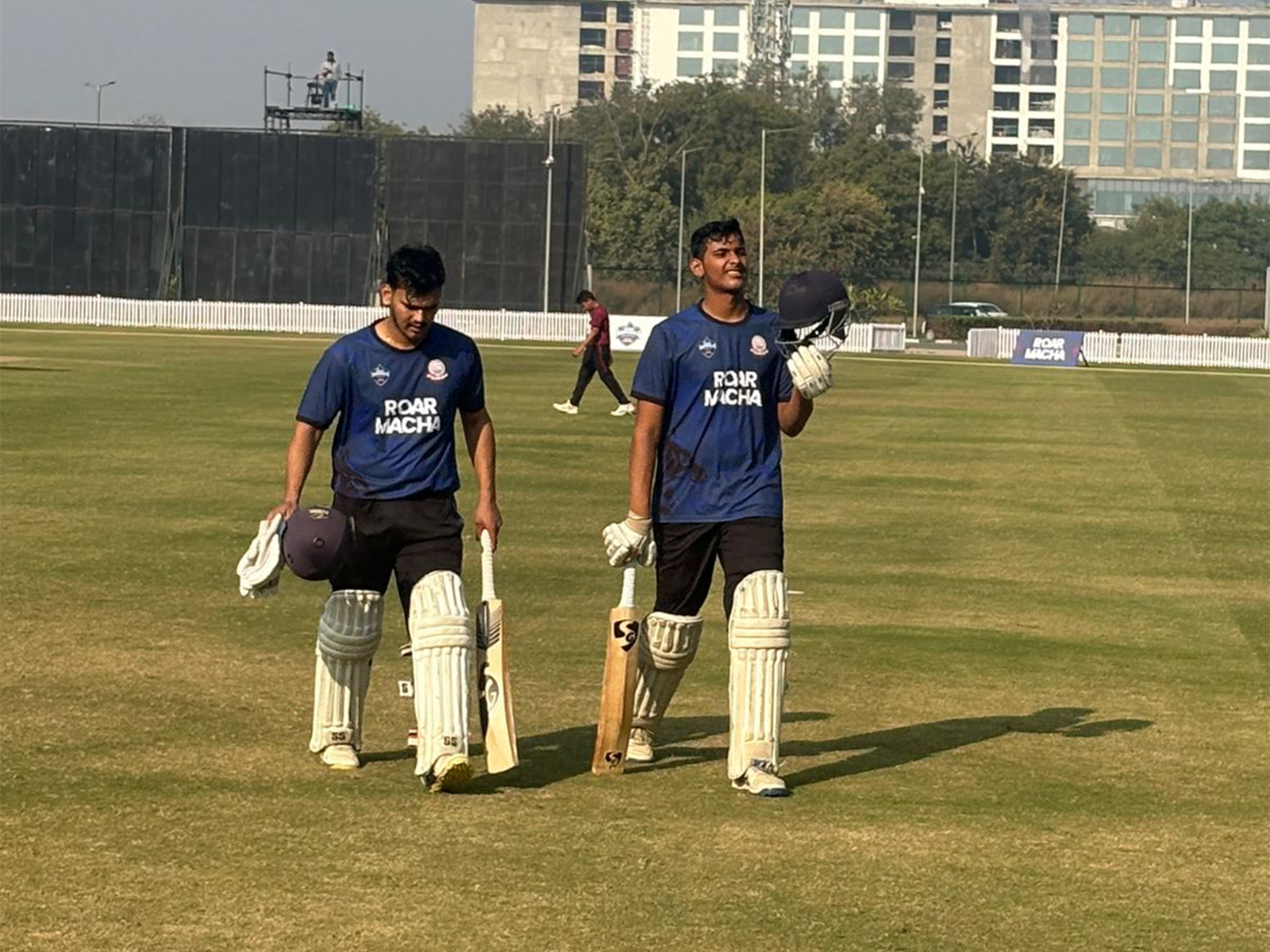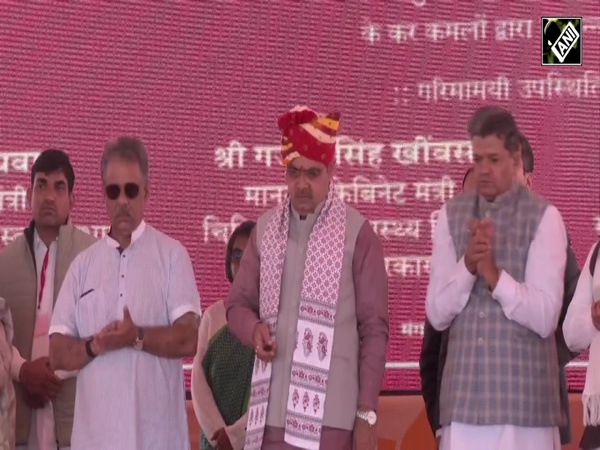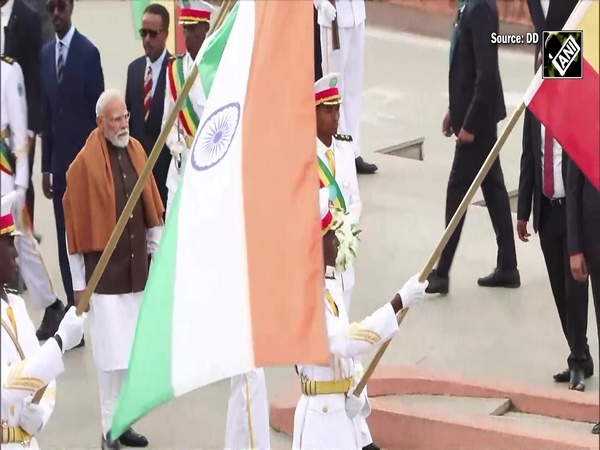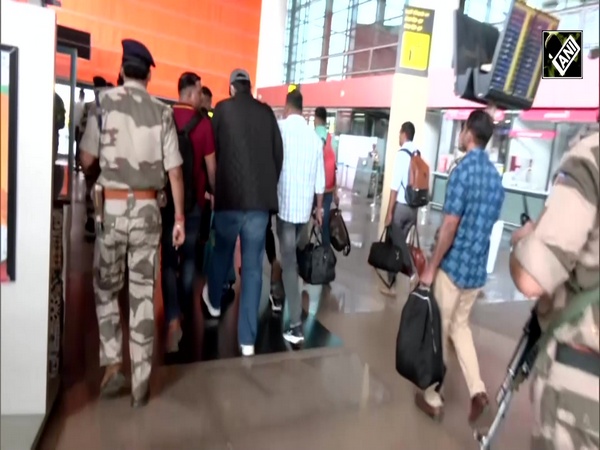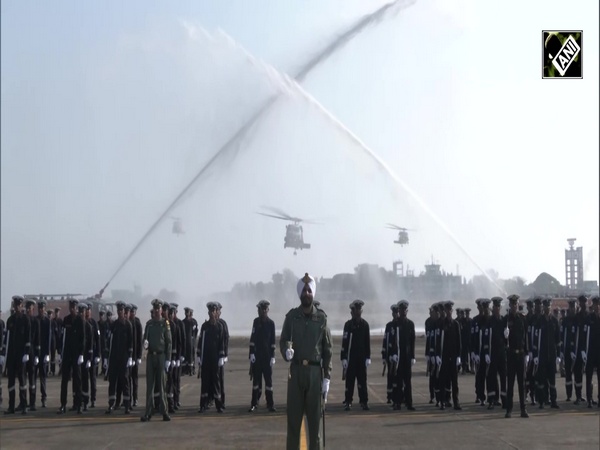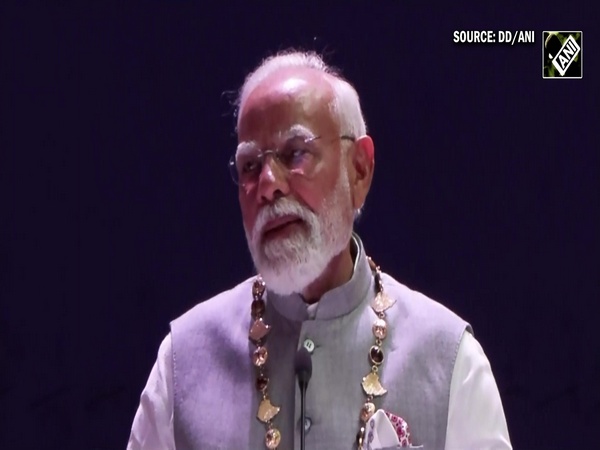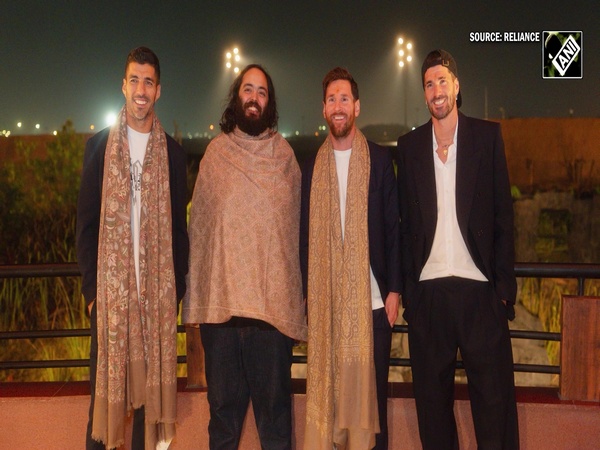Pak: Baloch youth killed as state-backed militias continue targeted attacks
Feb 20, 2025

Balochistan [Pakistan], February 20 : A Baloch youth has reportedly been killed by state-supported militias, often referred to as 'death squads', in Tump, which is part of Balochistan's Kech district, on Thursday.
According to a report by The Balochistan Post (TBP), the victim, named Karim Dad, son of Manzoor and a resident of the Gomazi area in Tump, was fatally shot by armed individuals in the Kohad area. Local sources informed The Balochistan Post that Karim was in a vehicle when he was attacked and killed.
Local sources assert that the attackers are affiliated with a government-supported armed militia group commonly known as a 'death squad.' Earlier, Karim's relative, Miraj Baloch, was also killed just three days prior in the same tehsil of Kech, heightening concerns regarding the rising violence in the region.
The murder has triggered widespread outrage and denunciation, with human rights advocates and political factions condemning the ongoing targeting of Baloch youth. The Baloch National Movement (BNM) and its human rights arm, PAANK, expressed their condemnation of the incident via the social media platform X.
In their statement, they stressed that the ongoing targeting of individuals by state-sponsored death squads, occurring with impunity, constitutes a serious violation of basic human rights and needs to cease immediately, TBP highlighted in their report.
PAANK also called on the international community to take urgent measures to safeguard civilians and uphold the rule of law in the area. This incident has once again brought attention to the worsening security conditions in Balochistan, with increasing worries about enforced disappearances and extrajudicial killings.
Balochistan faces numerous issues, including state repression, enforced disappearances, and extrajudicial killings of activists, scholars, and civilians. The region suffers from economic neglect, with insufficient development, lack of basic infrastructure, and limited political autonomy.
